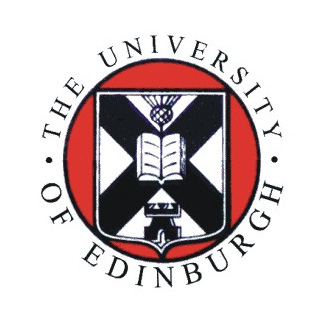
It was also discovered that the lower levels of invadolysin were apparently associated with decreased quantity of fat deposits. The findings could eventually assist researchers to understand obesity-related complications, which may comprise of diabetes, blood clotting and heart disease in a better way.
Professor Margarete Heck, at the University’s Centre for Cardiovascular Science, commented, “The presence of this protein in lipid droplets may suggest that it has a role in obesity. What we would like to understand is whether its presence is related to obesity, and if so, whether the protein’s activity aggravates obesity and its consequences. Understanding its role will help us to better understand how the body stores fat.â€
Professor Heck’s laboratory apparently identified invadolysin in fruit flies. The recent study apparently looked at the protein in human cells, indicating its existence in the part of cells that may be used to accumulate fat.
It was also discovered that when invadolysin was apparently missing in fruit fly larvae, fat storage was supposedly damaged.
Additional researches will look at how protein could affect metabolism, to understand its function in obesity-related disorders in a better way.
This research was published in the Journal of Cell Science.
